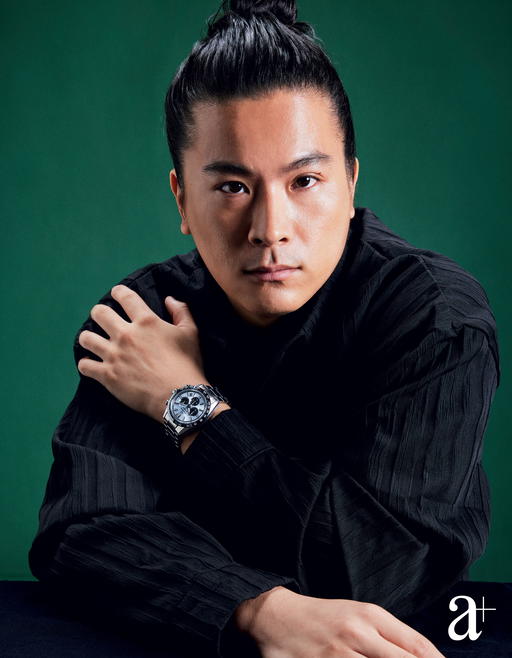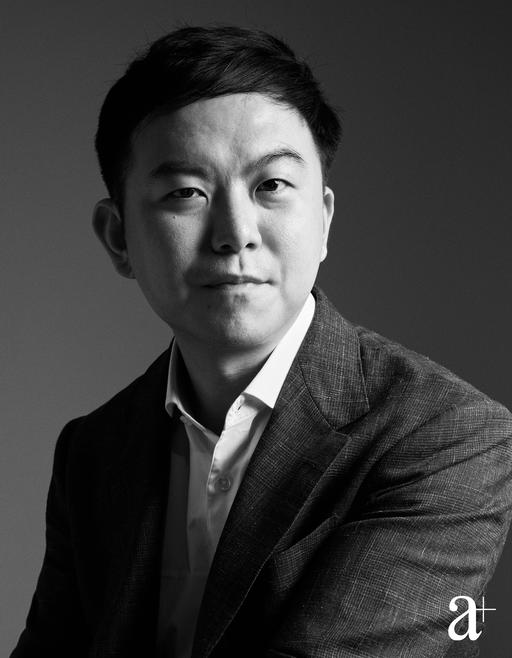Her stint in Beijing as part of the NUS Overseas College programme might have lasted just six months in 2019, but Amanda Lim nevertheless walked away with a business idea.
It wasn’t the Chinese capital’s picturesque attractions that led to this eureka moment though. Ironically, it was the sight of garbage bins overflowing with clothes. As Lim later discovered, Singapore is no saint when it comes to dealing with textile waste either.
According to the National Environment Agency, the amount of textile and leather discarded in Singapore in 2021 rose 38 per cent from the previous year to 189,000 tonnes. It is also no secret that the island nation’s recycling culture can at best be described as being in its liminal stages. Even today, the bulk of the nation’s trash goes straight to the incinerator.
Many consumers underestimate the amount of work that goes refashioning. They expect to pay just a few dollars for what they think would be a simple alteration, not knowing that what they requested for would require a few hours and cost several times more.
Amanda Lim on the misconception of refashioning
The 24-year-old points out that though recycling bins have become more commonplace around the city, most do not accept textiles, and this leaves people looking to get rid of their clothes with just two options: a trip to the garbage bin or the Salvation Army.
“It might seem like a good thing to donate your clothes to the Salvation Army, but many people don’t realise that the organisation is laden with so much clothing that they sometimes even have to donate to other countries,” she says.
“And this was when I started wondering about why there isn’t another option for people to upcycle their clothes?”
In April 2021, Lim founded Alt.native, a website that did just that by connecting people looking to upcycle their clothes with “refashioners”—those armed with the skills to turn, say a pair of jeans, into a skirt or a hat. The refashioners that Alt.native collaborates with are mostly students from design schools, single mothers, and independent tailors.
It could be said that refashioning restarts the user journey, and is widely considered more sustainable than recycling, which generates more emissions as it involves breaking down existing materials before processing them into new ones.
Another advantage refashioning offers, says Lim, is the promise of a unique, customised piece of apparel. For example, Lim once had an old dress transformed into a shirt with a cape.
The platform has even collaborated with Levi’s and Design Orchard to hold well-received upcycling workshops. Besides providing Alt.native with another income stream, these workshops are useful for shifting entrenched consumer mindsets.
“Many consumers underestimate the amount of work that goes refashioning. They expect to pay just a few dollars for what they think would be a simple alteration, not knowing that what they requested for would require a few hours and cost several times more,” says Lim.
“That’s why such workshops are great—they show the consumers how laborious the process can be and the value of craftsmanship.”
Looking ahead, Lim reveals that Alt.native could work with major brands to refashion their deadstock. The platform might even launch its own line of upcycled clothes one day.
The refashioning trend, she notes, will only gain more traction in the coming years as more people become aware of the importance of upcycling. The fact that many schools are already teaching children about sustainability is something she finds heartening.
“During a recent trip to the zoo, I chanced upon this animal show where the trainer was asking the kids in the audience what he should do with the plastic bottle in his hand,” she recalls.
“The answer was unanimous—recycle. I was so shocked. I didn’t expect the kids to even know the word!”
Photography: Mun Kong
Styling: Chia Wei Choong
Hair: Jenny Ng, using Schwarzkopf Professional
Makeup: Priscelia Wong, using Estée Lauder
Photography Assistant: Hizuan Zailani





